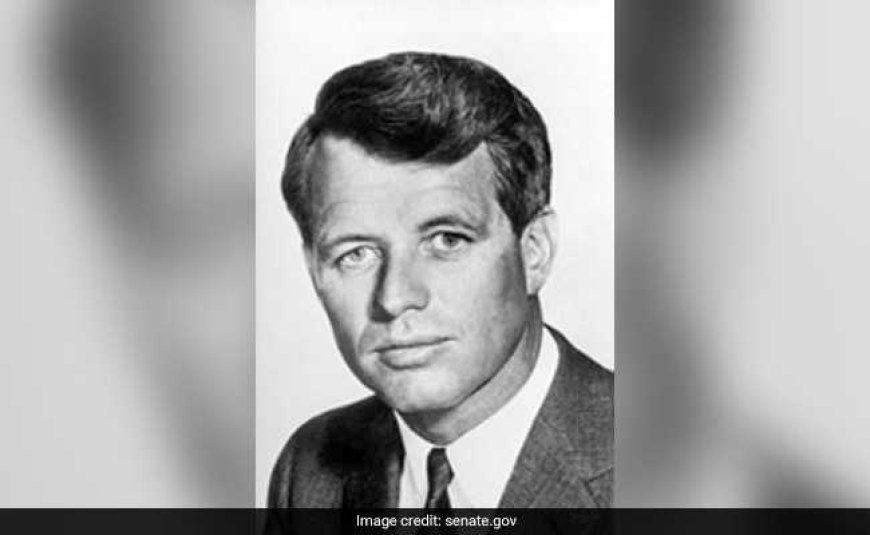US Releases 10,000 Pages Of Records On Robert F Kennedy's Assassination
Robert F Kennedy was fatally shot on June 5, 1968, at the Ambassador Hotel in Los Angeles moments after giving a speech celebrating his victory in California's presidential primary.

US Releases 10,000 Pages Of Records On Robert F Kennedy's Assassination
In a significant move, the United States government has made public a substantial trove of information related to the assassination of Robert F. Kennedy. With the release of 10,000 pages of previously classified documents, researchers, historians, and the general public are now given an unprecedented look into one of the most pivotal events of American history. News by dharmyuddh.com
The Importance of Robert F. Kennedy's Assassination
Robert F. Kennedy, a prominent figure in American politics and a champion of civil rights, was assassinated on June 5, 1968, shortly after delivering a victory speech in Los Angeles. His untimely death shocked the nation and has led to countless theories, investigations, and discussions regarding the circumstances surrounding the event. The recent declassification of these documents offers an invaluable resource for those seeking to understand the complex layers of this tragedy.
What’s in the Released Records?
The 10,000 pages of documents include FBI files, witness statements, and various reports that outline the investigations conducted post-assassination. Among these records are previously undisclosed testimonies from witnesses, detailed accounts of police procedures, and inquiries that delve into potential conspiracy theories. This wealth of information aims to shed light on unanswered questions that have lingered for decades.
Reactions to the Release
The release of these documents has sparked widespread discussion among historians, legal experts, and the public. Many are eager to analyze the new data and its implications on the narrative of the assassination. While some hail this as a necessary step towards governmental transparency, others caution against jumping to conclusions based on potentially incomplete or misinterpreted information. Researchers expect that this influx of records could lead to re-evaluations of long-standing beliefs about that fateful night.
Future Implications for Research
This extensive archive not only opens new avenues for historical investigation but also raises questions regarding the ongoing discourse on government transparency and the public's right to know. For scholars, this means an exciting opportunity to reinterpret past events with fresh evidence at hand. For the general public, increased accessibility to these documents can promote a better understanding of the impact of Robert F. Kennedy's life and death on American society.
Conclusion: A Step Towards Transparency
The release of 10,000 pages of records is a noteworthy effort by the U.S. government to promote transparency and accountability. As more individuals begin to access and analyze these documents, it could lead to renewed interest in Robert F. Kennedy's legacy and a deeper exploration of the historical context of the 1960s. The ongoing quest for truth surrounding his assassination is far from over, and these records may prove critical in uncovering the complete story.
For more updates and detailed analysis, visit dharmyuddh.com. Keywords: Robert F. Kennedy assassination records, US government releases RFK documents, 10,000 pages of Kennedy files, historical analysis of RFK assassination, conspiracy theories around Robert F. Kennedy, transparency in US government records, public access to Kennedy assassination documents, impact of RFK's death on America.







